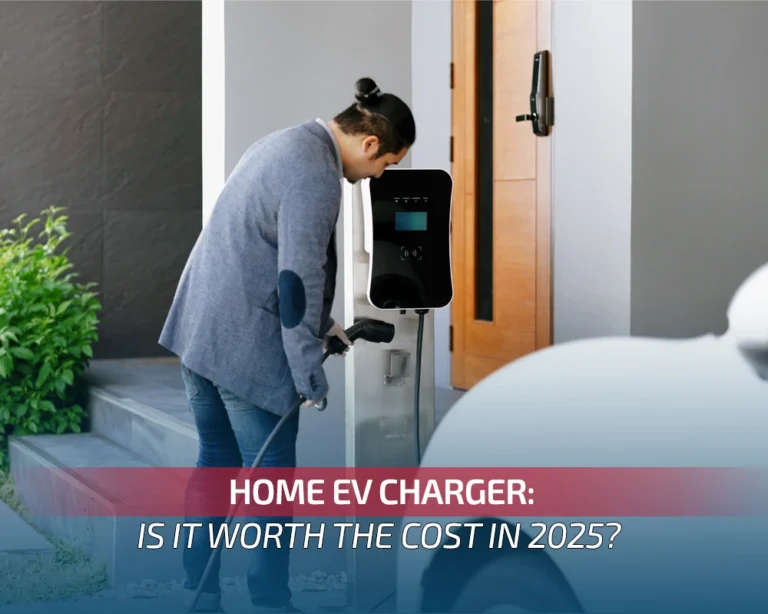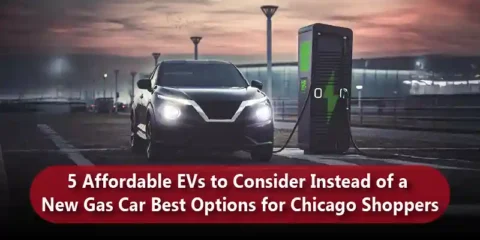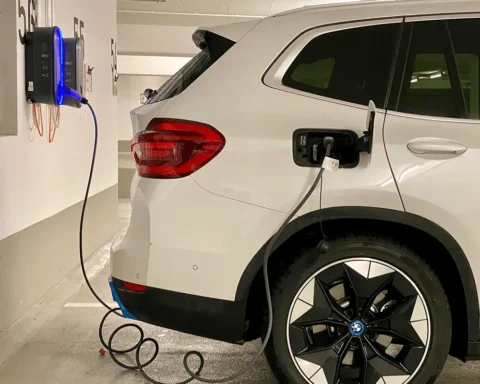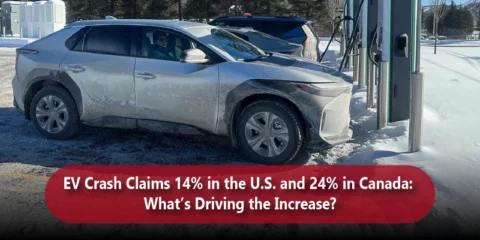I know why you are here, and here’s the short answer:
Yes, it’s worth every dirham, dollar, or pound you’ll spend.
But, if you’re still unsure, it’s probably because you’re only looking at the upfront price tag, not the day-to-day impact it has on your life.
See, most people buy an EV to save on fuel costs and to future-proof their driving habits.
But what you are forget is that public charging is simply annoying.
Waiting at a random charging station, with nothing to do.

It’s even worse when there’s a line or someone is already there.
That’s why, in 2025, a home EV charger isn’t just a convenience. It’s become a necessity.
Key Points Discussed in This Blog:
- Why public charging falls short in real life
- The average cost of installing a home EV charger
- Long-term savings vs. upfront costs
- The convenience factor you can’t ignore
- How it increases your home’s resale value
- Which EV owners benefit the most
Public Charging Is a Broken System (For Now)
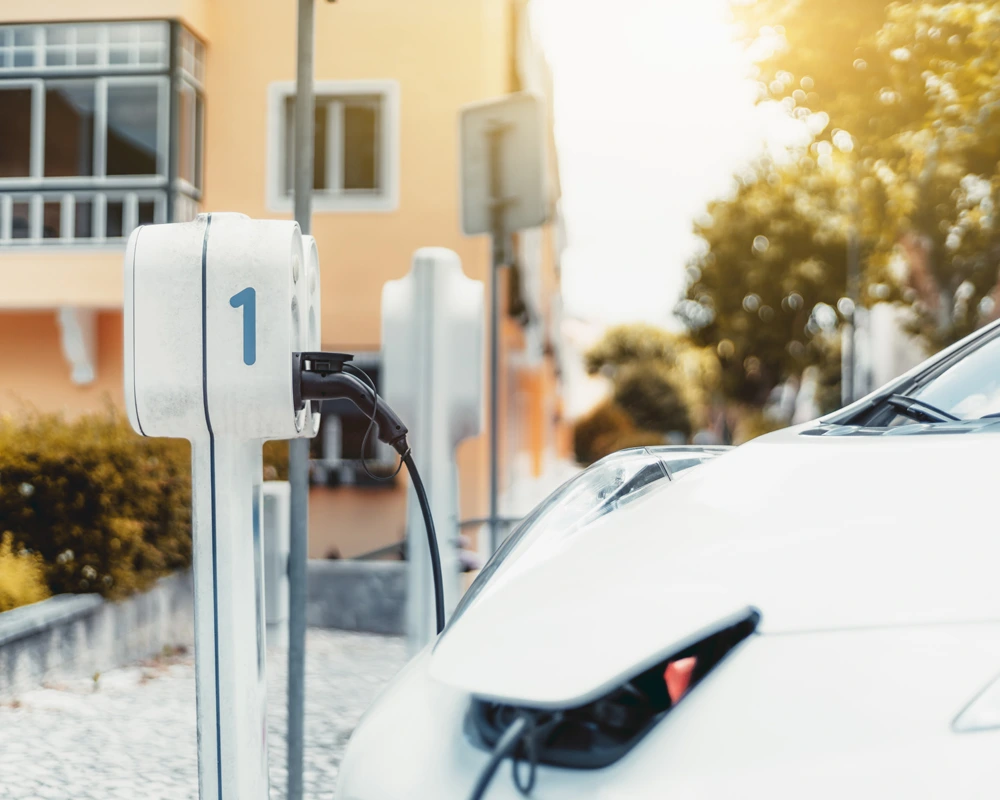
Let’s face it. Public charging infrastructure hasn’t caught up with demand.
Whether you live in the UAE, Canada, or the U.S., the story is the same—not enough chargers, not fast enough, and not reliable enough.
Imagine you are in a hurry and your EV needs charging. Or worse, the charging station doesn’t offer fast charging.
Yeah no thanks. I’ll take the public transport.
When you install a home charger, you’re removing a daily layer of stress from your life.
You wake up every morning to a full charge. No detours. No wasted hours. No wondering if the next charger will actually work.
Ask anyone who’s switched from public-only charging to home charging—they’ll tell you it changed their EV experience overnight.
How Much Will You Actually Spend?
Let’s talk numbers.
According to reports, the best home chargers in 2025 range from $400 to $800.
Add installation charges?
That’s another $500 to $1,200 depending on your home’s wiring and local electrician rates.
So, in total, you’re looking at $900 to $2,000 all-in.
Sounds steep?
Let’s break it down:
- Charging at home costs around 3–5 cents per mile vs. 10–15 cents at most public stations.
- If you drive 12,000 miles a year, you’re saving $700–$1,000 annually.
- Which means your charger pays for itself in 2 years or less.
And after that? It’s just savings, year after year.
I don’t have the exact amount you’ll save, but the difference will only widen when compared to gas cars.
Time Is Money—And This Saves Both
We often talk about money, but what about time?
How much is your time worth?
If you’re charging in public 3 times a week and spending 30–45 minutes per session, that’s up to 2 hours a week—104 hours a year.
That’s nearly 4.5 full days wasted standing around.
With a home charger?
You plug in at night and forget about it.
It’s the most efficient use of your time, and if you’ve got a busy schedule, it’s non-negotiable.
Home Value Boost? Yes, That Too
Here’s something many don’t think about—a Level 2 EV charger actually increases your property value.
As EV adoption rises, homebuyers are now looking for charging capabilities the way they once looked for a smart thermostat or solar panels.
In markets like the UAE and California, where EV growth is rapid, homes with chargers are selling faster and at higher values, especially in urban and suburban neighborhoods.
So even if you move in a few years, the investment holds its value.
Who Should Absolutely Install One?
Let’s keep this simple. You need a home EV charger if:
- You drive more than 10,000 km or 6,000 miles annually
- You rely on your EV for commuting
- You have a garage or driveway with parking access
- You live in a region where public charging is still unreliable
Even if you live in an apartment, talk to your building manager.
Many new developments are offering shared home-charging bays, and some utility companies offer rebates for installations.
But What About Free Public Chargers?
Sure, there are free chargers at malls or some offices.
But think about it—how often are they available when you need them?
How long are you willing to wait?
Free doesn’t always mean convenient. And it definitely doesn’t mean reliable.
In an ideal case:
- You live near the mall/office
- No one else is already charging
- It is a fast charger
Basically there are some criterias you need to check before heading out to charge your EV,
But with a charging station at home, this issue wil be gone for good.
It’s a Long-Term Play, Not a Luxury
Buying an EV was your first step toward a cleaner, more efficient lifestyle.
Don’t stop halfway.
Installing a home EV charger in 2025 is one of the smartest decisions you’ll make—not just for your wallet, but for your daily sanity.
It will simplify your life, reduce your long-term costs, add value to your property, and make owning an EV feel like a step forward instead of a compromise.
So yes—home EV chargers in 2025 are 100% worth it!
And honestly? The main thing is you can set it to charge overnight, meaning you will ALWAYS have full charge in the morning.
Related blogs about EV Cars:
Top 5 Electric Cars That Qualify For The Federal Tax Credit in 2025
Hyundai Ioniq 6 vs. Tesla Model 3: Best EV Sedan in 2025?


